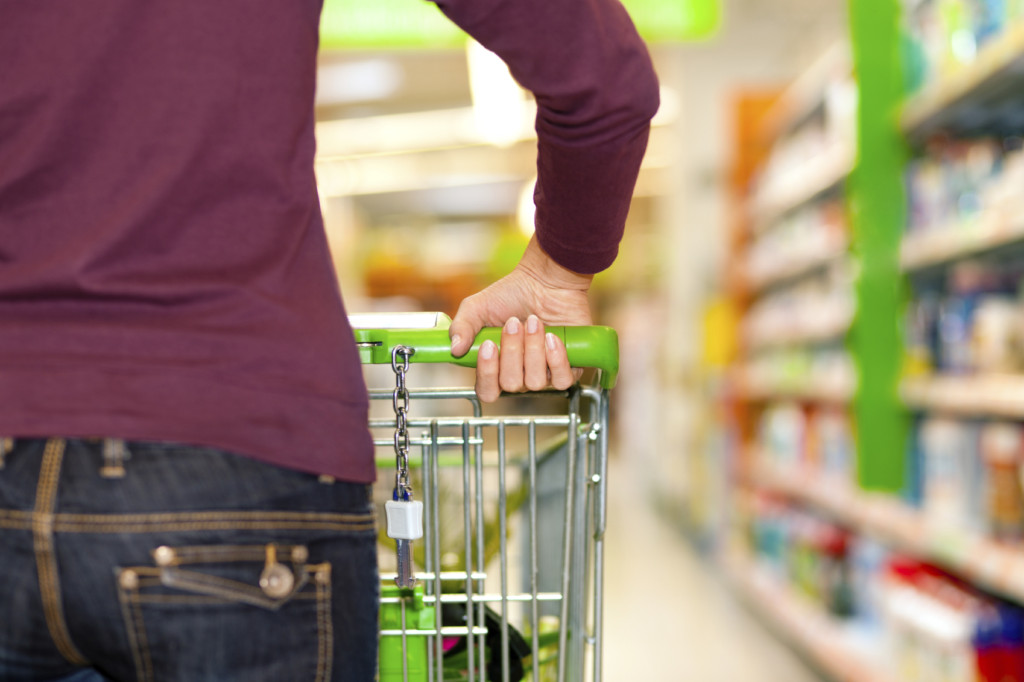
Companies in the food sector are increasingly looking for alternatives to conventional plastic packaging to reduce their CO2 footprint and are switching to packaging solutions made from renewable raw materials. A team at Wageningen University & Research in the Netherlands is studying the perceptions of bio-based packaging among consumers and aims to give manufacturers and retailers advise on making well-founded, sustainable packaging choices.
Bio-based content preferred
The researchers found that many manufacturers and retailers currently choose drop-in bio-based packaging, which is chemically identical to the traditional packaging but made from renewable raw materials instead of petroleum. Their research also shows that consumers, too, prefer bio-based packaging over conventional packaging. Since those materials are however not always easily distinguishable by consumers simply by the way they look or feel, the environmental benefits have to be communicated clearly by providing information, for example, on the renewable feedstock, bio-based content, or the reduction of greenhouse gas emissions.
Different look and feel experienced as positive
Karin Molenveld, scientist at Wageningen Food & Biobased Research says that consumers very well notice the difference between conventional packaging materials and innovative bio-based or biodegradable packaging with a totally different material composition. “The packaging may have a different appearance, or the bio-based plastic feels and sounds differently than what they are used to. Consumers experience this as positive“, says Molenveld.
Recommendations on correct disposal desired
Consumers also need and want to know what to do with the packaging after use. Clear and correct claims about the recyclability of the packaging as well as recommendations for a correct disposal should always be included on the packaging. Bio-based drop-in plastics can be disposed and recycled together with their conventional counterparts. Compostable packaging, that adheres to the European standard EN 13432, is designed to be treated in industrial composting plants.
Machiel Reinders, scientist at Wageningen Economic Research, confirms that consumers are positive about claims such as ‘compostable’ and ‘recyclable’, which clearly indicate how to dispose of the packaging product. “Our research shows that consumers prefer clear claims. Stating that products can be discarded with the organic waste is a good example. The more concrete the sustainability benefits, the better the packaging is evaluated.”
For more information on the correct communication and marketing of environmental claims, see the Environmental Communication Guide by European Bioplastics.